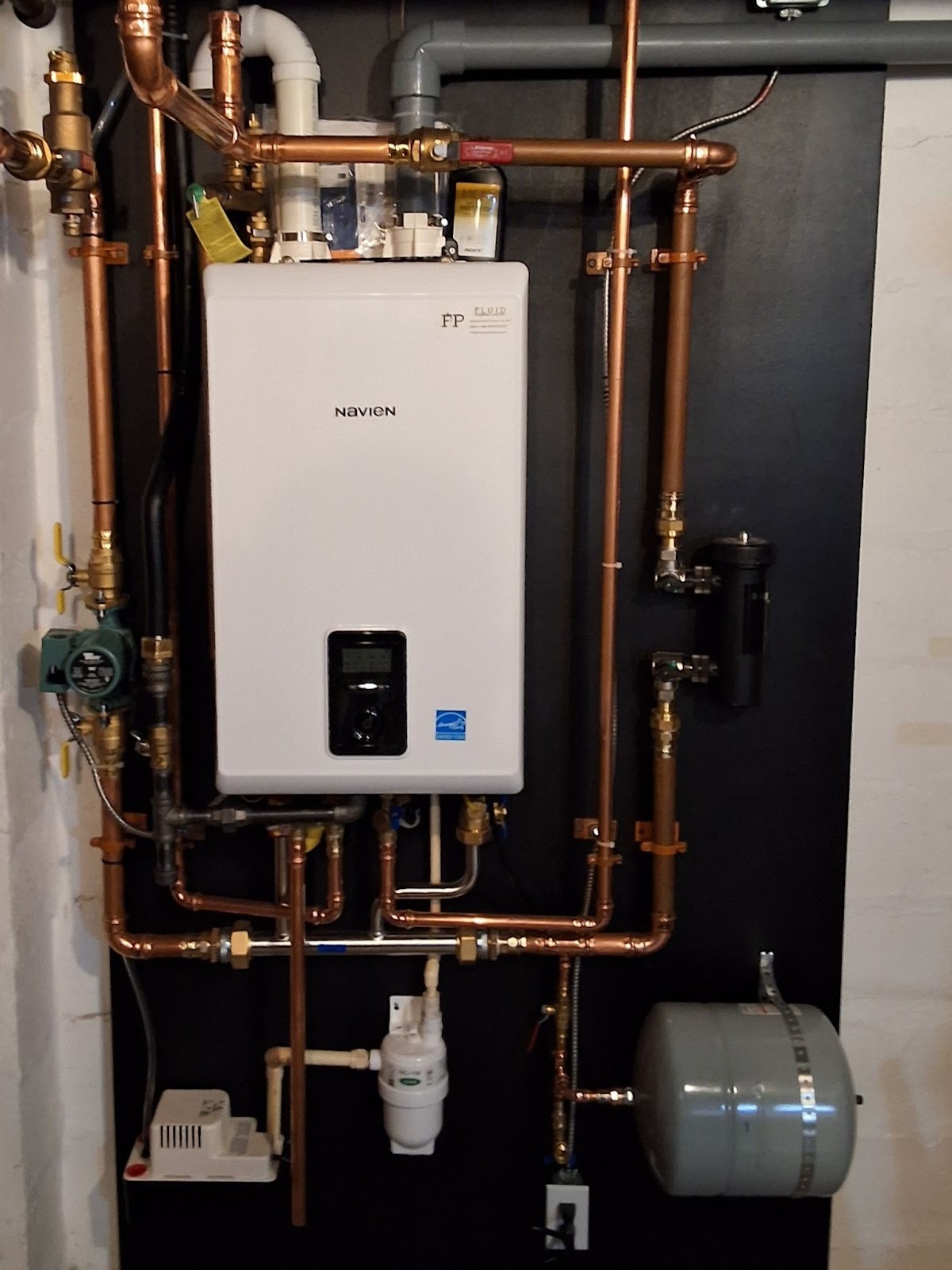Choosing the right water heater for your home is a crucial decision that impacts your daily comfort, energy consumption, and long-term utility costs. The two most common options, tank and tankless water heaters, each offer unique advantages and limitations. Understanding the key differences can help homeowners make an informed decision that best fits their household’s needs and lifestyle.
This guide outlines the major factors to consider when deciding between a tank and a tankless water heater.
1. Hot Water Delivery: How Each System Works
The most basic difference lies in how each unit supplies hot water. Traditional tank water heaters store a set amount of heated water (usually 30 to 80 gallons), ready for use at all times. Once this supply runs out, there is a delay as the tank reheats.
In contrast, tankless water heaters, also known as on-demand heaters, heat water only as it is needed. This provides a virtually endless supply of hot water, though the flow rate is limited by the unit’s capacity. Tankless models are especially useful for households with staggered water use but may struggle with simultaneous high-demand usage.
2. Installation and Initial Cost
When it comes to upfront costs, tank water heaters are generally more affordable. They are easier and less costly to install, especially if replacing an existing unit with the same type.
Tankless water heaters, while more expensive initially, may qualify for energy-efficiency rebates or tax credits. Installation may require electrical, gas, or venting upgrades, contributing to the higher cost. However, for homeowners planning to stay long-term, the investment may be worthwhile.
3. Energy Efficiency and Utility Savings
Efficiency is a major consideration. Tankless water heaters are significantly more energy-efficient because they eliminate standby heat loss, energy wasted keeping a tank of water hot at all times. This can lead to noticeable savings on your utility bills over time.
While tank water heaters continue to improve in efficiency, they typically consume more energy overall. If lowering your energy consumption and carbon footprint is a priority, a tankless unit may be the better choice.
4. Space Requirements
Space constraints in your home can be a deciding factor. Tank water heaters require a designated area, often in a basement, garage, or utility closet. Their bulky size can be an issue in smaller homes or apartments.
Tankless models are compact and can be mounted on walls, inside or outside your home. This space-saving design is ideal for homeowners looking to maximize their living area or repurpose storage spaces.
5. Performance and Demand
The performance of your water heater should match your household’s usage habits. A tank model can meet the needs of multiple users simultaneously, but only for the duration that hot water is available in the tank.
Tankless water heaters provide an endless stream of hot water, but performance may decline if multiple outlets (e.g., shower, dishwasher, and washing machine) are used simultaneously. Larger homes or high-demand households may require multiple tankless units or a specially sized system.
6. Lifespan and Maintenance
Durability is another factor worth considering. Tankless water heaters typically last around 20 years, nearly double the lifespan of traditional tank models, which average 8 to 12 years.
Maintenance also differs. Tank units require regular flushing to remove sediment buildup and may need anode rod replacements to prevent rust. Tankless systems are generally lower maintenance, but annual descaling may be necessary in areas with hard water to keep them running efficiently.
7. Environmental Impact
If sustainability is a key concern, tankless units have a smaller carbon footprint due to their energy-saving design. Their longer lifespan also results in fewer replacements over time, reducing waste.
Tank models, while improving in energy performance, are inherently less efficient due to constant reheating and shorter operating life. Homeowners interested in greener living should consider these differences carefully.
Consult a Professional for the Best Fit
With so many variables to consider such as household size, water usage patterns, installation logistics, and budget, it’s essential to consult a professional before making a decision. A licensed plumbing expert can assess your unique situation and recommend the best solution to meet your comfort and efficiency goals.
Water Heater Solutions in Nottingham, MD
If you’re in the Nottingham, MD area and need help choosing between a tank or tankless water heater, Fluid Plumbing & Heating LLC is here to guide you. Our certified professionals offer expert assessments and quality installation tailored to your needs.
To find the perfect water heating solution for your home, call us at 443-413-4117 or complete our online form today. Let our trusted team ensure your comfort with reliable, energy-efficient water heating options.

